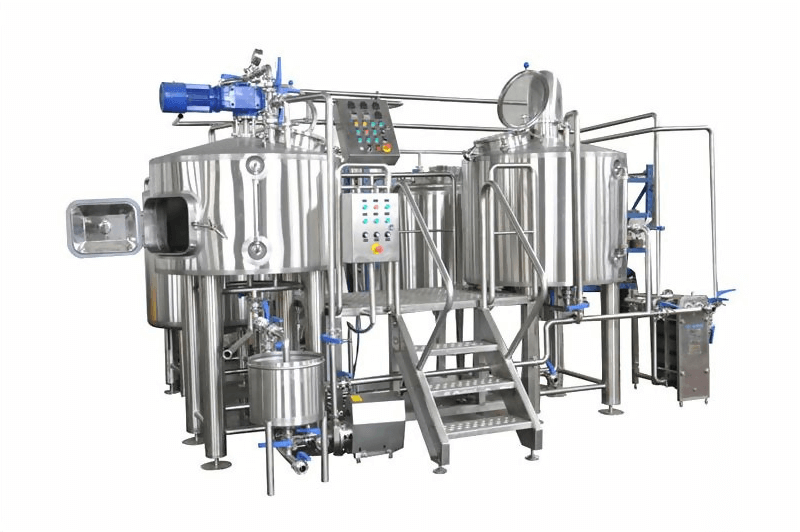The cleaning and the sanitation process is an integral part of the beer making process. A thorough cleaning before making of a beer batch in a microbrewery helps reduces the risk of your beer getting spoiled. However, as beer making using a microbrewery kit is a sensitive process, there is a right and wrong way to clean. To ensure that the beer you have labored for remains excellent and free from contamination, below are certain things you need to know to clean effectively.
- Always Cleans Your Microbrewery Kit
Before you use
your various brewing
supplies in your new batch, ensure that you clean out any existing
visible dirt. Focus on the pieces of dirt stuck in the wort or the fermentation
tank as it only takes one piece of dirt to spoil your batch. Using clean water
and a smooth cleaning cloth, carefully clean your wort before use.
- Use
A Good Cleaning Agent To Clean Your Microbrewery Kit
As expected,
using plain water and a soft brush to clean isn’t enough. For this reason, you
need to invest in a cleaning agent to properly clean your equipment and remove
invisible dirt. Fortunately, there existing powdered brewing wash that has
simplifies the process and is widely available everywhere. Usually powered brewing wash is highly effective
and cheap hence allows you to clean thoroughly without leaving a soapy taste.
- Avoid
Using Bleach When Cleaning Your Microbrewery Kit
If you are using
stainless steel beer
equipment kits, then using bleach is a no-no. Usually, the bleach causes
corrosion and turns anything that it comes in contact with to be slightly
acidic. When using plastic, you can use bleach agents, but care should be taken
to ensure it’s thoroughly rinsed out. As a small residual drop could spoil a beer
batch, it’s best to avoid using bleach altogether to reduce the risk.

- Consider Using Chemical
Cleaning To Clean Your Microbrewery Kit
In your quest to
make great beer, you will encounter hard to reach places that you cannot
physically scrub. When you do, instead of hoping for the best while doing
nothing, choose to invest in a quality microbrewery equipment chemical cleaning agents. Though
it’s slightly alkaline, it does not cause any corrosion in stainless steel or cause
irreversible environmental damage. Soak your equipment including hoses,
airlocks and racking canes for 20 minutes to ensure everything is clean and
ready for use.
- Sanitize
Your Microbrewery Kit
Finally,
sanitize your beer brewing
kit to ensure that all items that come in contact with the wort are free
from contaminants. Invest in a flavorless, odorless and rinse free sanitizing
agent to ensure you don’t need to rinse again. As the sanitizing foam gets into
every crevice leaving it sparkling clean, ensure you clean everything including
fermentor (carboy), airlock, stopper, thermometer, funnel, yeast packaging,
scissors, and bottles
- Conclusion
Skipping the cleaning process increases the chances of a batch getting ruined. For this reason, take the cleaning of a microbrewery kit seriously. Additionally, ensure that you give your microbrewery equipment a good clean scrub before use. Overall, never use equipment that you have doubts about by soaking and using a cleaning agent to remove any hidden dirt.


